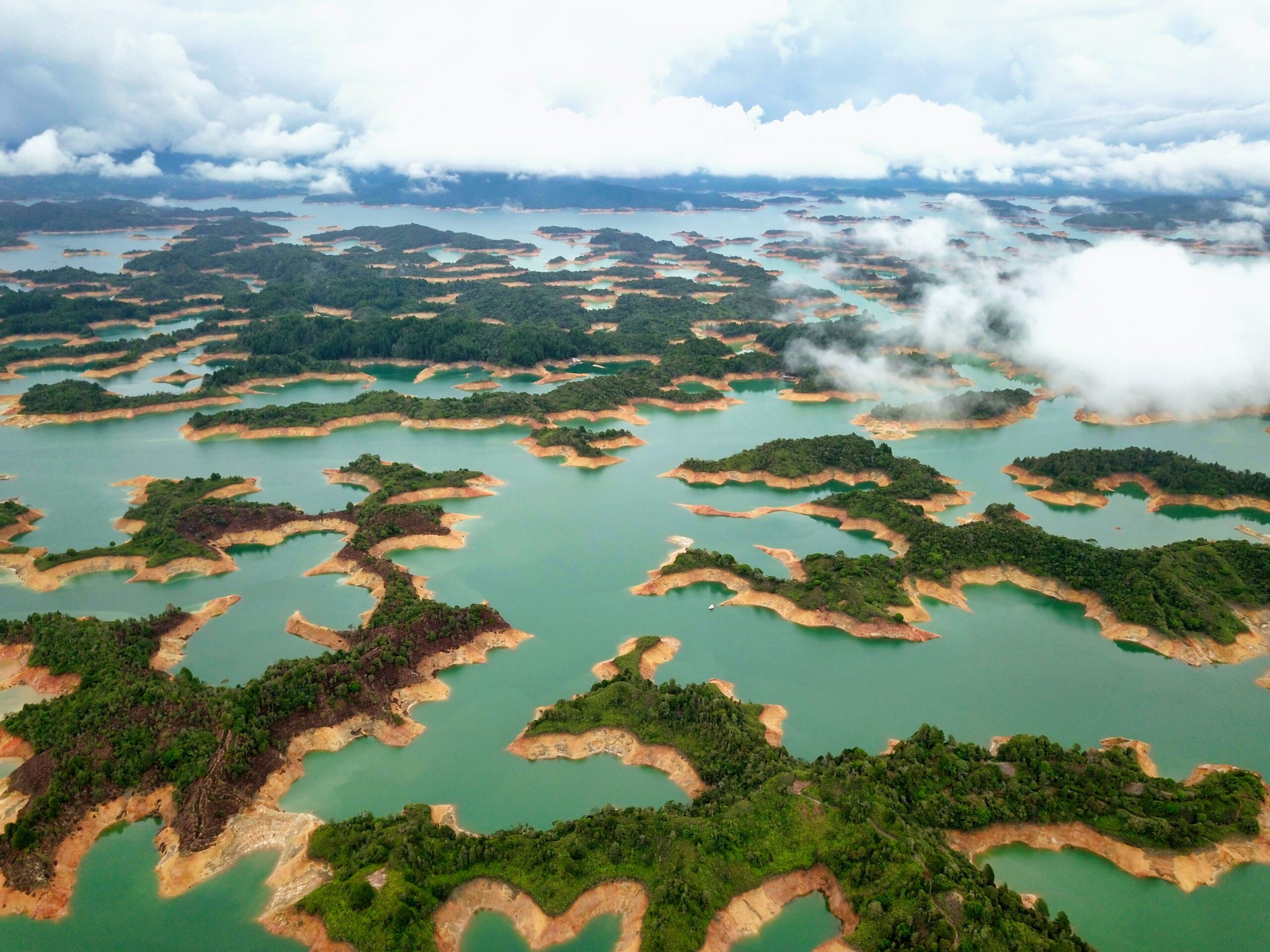The Global Canopy Programme (GCP) and CDP, in conjunction with Kepler Cheuvreux and the Natural Capital Declaration (NCD), invite you to attend their forthcoming interactive workshop ‘Sustainable land use – how can investors enable the transition?’. This interactive event will take place on Thursday 13th October and will be hosted by the Principles for Responsible Investment (PRI) at their London offices with representation from leading financial institutions including; Actiam, Axa, Hermes Investment, HSBC, Norges Bank and Standard & Poor’s.
To register to attend this invite only event click here http://sustainablelanduse.eventbrite.co.uk
DATE: Thursday 13th October
LOCATION: 25 Camperdown Street, London, E1 8DZ
TIME: 08.30 – 11.30am
FORMAT: Interactive workshop
The continuing loss of the world’s tropical rainforests represents a significant threat to the security of water, food energy, health and the climate for millions worldwide. To be involved in such wholescale erosion of natural capital simply doesn’t make good business sense. The c. $135 billion export trade of soft commodities (i.e. palm oil, soya, beef and leather, timber, pulp and paper) is leading to a rapid loss of tropical forests and the ecosystem services that they provide.
Banks and investors can directly or indirectly drive deforestation and land conversion through their lending and investment practices, exposing themselves to potentially significant risks. These include regulatory, reputational, legal, operational, and market risks, which in turn could affect the credit risk or market value of the underlying asset.
With more than $1.4 trillion in investments, credit and underwritings in companies involved in the production and procurement of these soft commodities, financial institutions can play a critical role in reducing deforestation and forest degradation whilst ensuring their portfolios are free from these material risks. Key opportunities include; engaging with clients, restricting credit for the most harmful practices and incorporating risks from natural capital degradation into financial analysis and decision making.
The primary goal of this workshop is to assist leading financial institutions to engage with client/investee organisations operating in these soft commodity supply chains and develop a consistent set of expectations across all commodities to reduce or limit the chance of clients’ activities significantly impacting on tropical forests.
Participants will discuss the different ways in which leading financial institutions are already engaging with companies in their portfolios. In doing so, the group will highlight current ‘best practices’ that are leading to measurable change in company behaviour whilst also mitigating portfolio risk.
Outline Agenda
1) Framing the business case for sustainable agricultural investment
Current situation: Agricultural value chains and deforestation and degradation Land: the next stranded asset? Moving beyond reputational risk: how legislative, operational ad market risks are affective company profitability. Sustainable landscapes – investment opportunities
2) The role of financial institutions in accelerating the transition to sustainable value chains for soft commodities
Engagement as a tool to drive change: a case study of how successful financial institution – company engagement has improved business practices. Working group discussions around specific elements of a ‘strawman’ financial institutions ‘client expectations’ document which outlines approaches to strengthen and better manage supply chain risks linked to deforestation and degradation.
To register to attend this event then please click on the following link.












